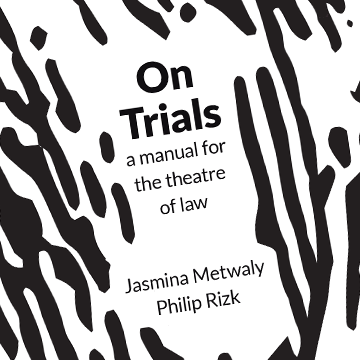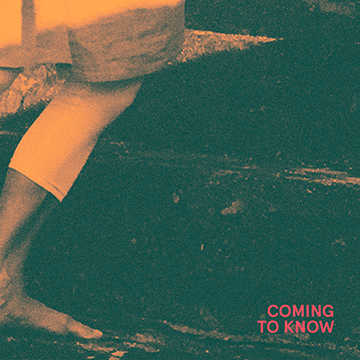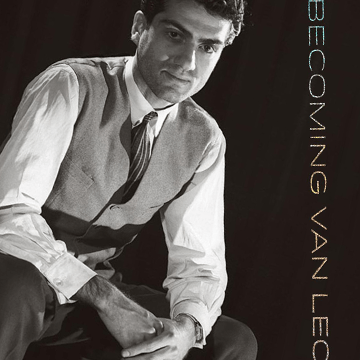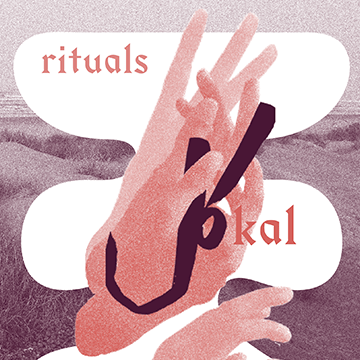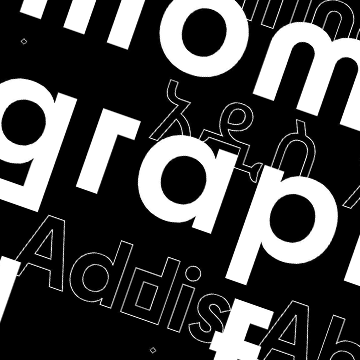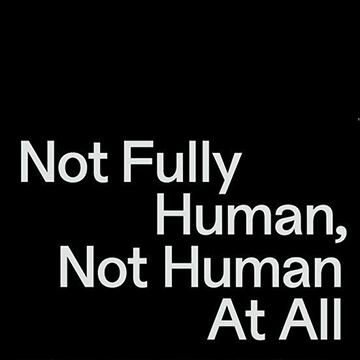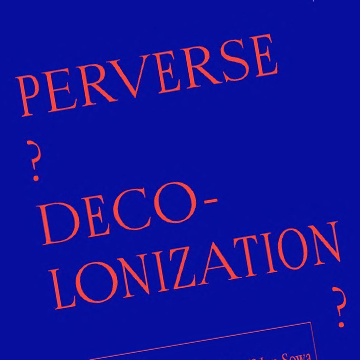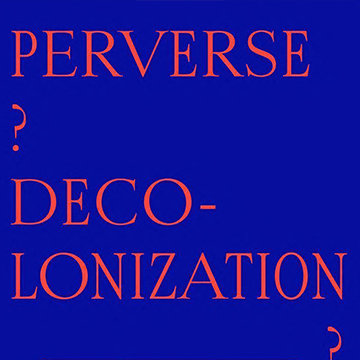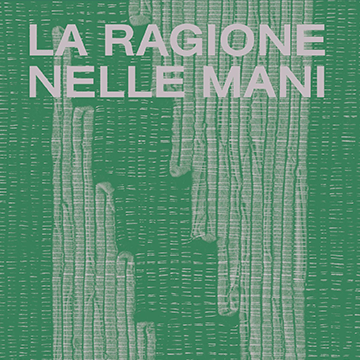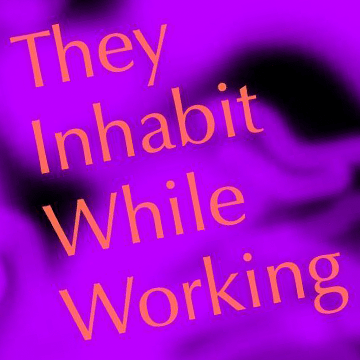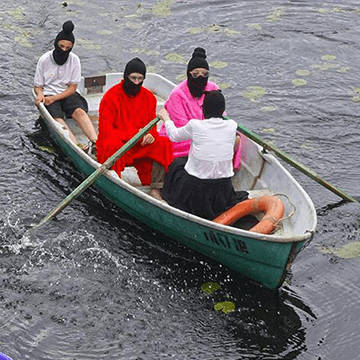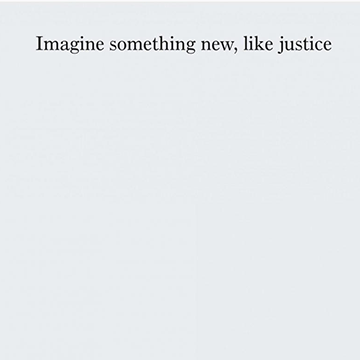In On Trials: A Manual for the Theatre of Law, Jasmina Metwaly and Philip Rizk explore the performativity of the law within Egypt’s spectral legal reality. The publication dissects material collected for their film On Trials, a work-in-progress that uses modes of documentary and fiction making.
Category: Second row releases
Coming to Know
Coming to Know asks how listening to the past together might transform our sense of the knowledge held in common. It sets aside the visual techniques of the archaeological site, the museum, and the larger project of colonial modernity, and instead constitutes itself as a resonant structure—a future-oriented monument to historically situated listening bodies as well as a dwelling place for community now.
A Slightly Curving Place
A Slightly Curving Place asks what it means to listen to the past and its absence which remains. It responds to the practice of acoustic archaeologist Umashankar Manthravadi, whose life and work are a history of sound and technology through the second half of the twentieth century.
Becoming Van Leo
Becoming Van Leo is a study of the life and times of the late Armenian-Egyptian photographer. Born in 1921, Leon Boyadjian would come to be known as Van Leo, one of the most singular twentieth-century studio photographers in the Arab world.
The Many Headed Hydra Magazine #4
The first in a series of publications emerging from the transoceanic platform a language where yesterday and tomorrow are the same word. Kal, kal RITUALS proposes queer and trans feminist ecologies, embodiments and mythmaking.
Momentography of a failure
Momentography of a failure [Addis Ababa] brings essays, timelines, film, photography, and a series of conversations together to deal with Ethiopia’s controversial urbanisation and the transformative space of the city. It explores the gradual transition of rural-urban space, inner-city migration, emerging and disappearing spaces, and commoning in public space.
Not fully human, Not human at all
The project Not Fully Human, Not Human at All looks into processes of dehumanization that are are taking place in Europe. Dehumanization is generally understood as the degradation of human life, that human beings inflict upon each other. The artists taking part in the project question the the obsolete category of the human, by imagining concepts from a new vocabulary of the process that can be called re-humanization
Helke Sander: I like chaos, but I don’t know, whether chaos likes me
Die monografische Publikation „Helke Sander: I like chaos, but I don’t know, whether chaos likes me“ umfasst Texte aus „Frauen und Film“, der ersten feministischen deutschsprachigen Filmzeitschrift, die 1974 von Helke Sander gegründet und herausgegeben wurde. Die für die Publikation ausgewählten Texte fokussieren zentrale Fragestellungen der feministischen Filmarbeit, ökonomische sowie recht-liche Bedingungen und vor allem deren strukturelle Bedingtheit in gesellschaftlichen Verhältnissen und ihre radikale Kritik daran.
PERVERSE DECOLONIZATION?
New nationalisms, toxic patriotisms and systems of exclusion have been on the rise for the last decade, reinforced by technology and rooted in colonialism, slavery and class oppression. Our time offers a unique twist on these age-old structures: rhetorics of decolonization are now weaponized by autocratic regimes, just as they are normalized in the phantasmagoria of cultural practices.
PERVERSE DECOLONIZATION?
Neue Nationalismen, toxische Patriotismen und Ausgrenzungssysteme sind auf dem Vormarsch, verstärkt durch Technologien und verwurzelt in Kolonialismus, Sklaverei und Klassismus. Unsere Gegenwart stellt eine einzigartige Verdrehung dieser uralten Strukturen dar. Die Rhetorik der Dekolonisierung wird heute von autokratischen Regimen missbraucht und durch immer gespenstischere kulturelle Praktiken normalisiert.
La ragione nelle mani
By drawing a connection between a local condition such as that of an alpine valley in Italy – the Valle Camonica – with its artisan knowledges and some untranslatable words belonging to languages from across the globe, artist Stefano Boccalini brings out territoriality and biodiversity as new-found precious awareness against loss and homologation.
They inhabit while working
Elsewhere critical thinking and mundane life have followed separate paths, one rending the other impossible or irrelevant. Somehow, in some worlds, you can’t do one while doing the other. In Jaana Laakkonen’s book we have a record of the successful transgression of this binary prohibition developed through years of careful artistic practice and living with reading.
Resonating with Zapatismo
To Navigate Backward: Resonating with Zapatismo a book-within-a-book, the first of three mouvements (as in a musical composition) is a collection of essays titled When the Roots Start Moving: Chto Delat and Free Home University—investigating predicaments of rootedness and rootlessness and notions of belonging and of displacement across different geographical and epistemological coordinates.
Wicked Little Town
Wicked Little Town gathers more than fifty artists and critical thinkers traversing trans-temporal imaginations of resistance, unruliness, and non-compliance across genders, abilities and national borders. Highlighting companionship, alliances, and bonds, this publication tunes to critiques of normativity and dialogues around the interdependency between intersectional oppressions and collective paths of liberation. It assembles non-violent grammars and vocabularies, especially of those artists, scholars, and activists who are often excluded from dominant narratives.
Imagine something new, like justice
Imagine something new, like justice is a publication project realised by the 2019–2021 fellows of the Graduate School programme at the Berlin University of the Arts: Yalda Afsah, Salwa Aleryani, Neslihan Arol, Anthony R. Green, Mariam Mekiwi, Rindon Johnson, and R A Walden. The intricacies of building societal, historical, corporeal, and environmental justices today in theory and praxis make the common denominator among their sonic, visual, filmic, theatrical, literal, sculptural, and installation oriented researches. Intersections, collapses, overlaps and resonances among their voices make this publication a unique artist book that questions the agency of imagination in the artistic, discursive and political realms.
Silver Rights
Silver Rights focuses on the ancestral bond between the communities and the land (mapu), a bond eroded and denied by colonising forces that have mutated over the centuries to gradually establish themselves in recent decades through neo-extractivist practices; a settlement process resulting from the convergence of investment policies and commercial agreements between South American governments and foreign multinationals, including the Italian Benetton.
